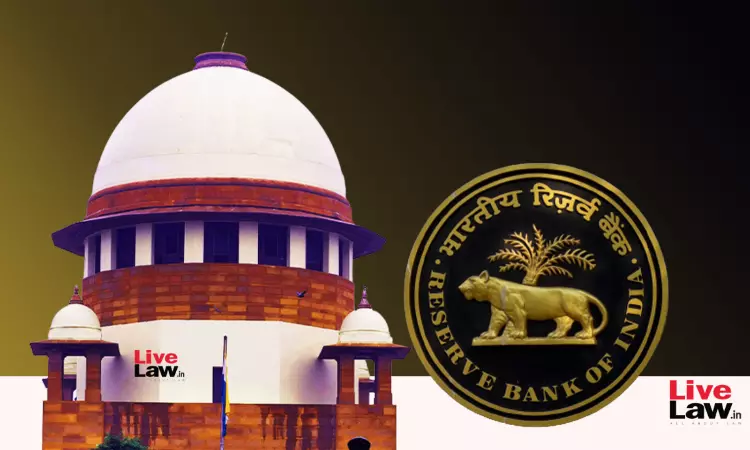Should Banks Inform Borrowers About Changes In Interest Rates, Give Annual Loan Statements? Supreme Court Asks RBI
Awstika Das
13 Sept 2023 10:40 AM IST

Next Story
13 Sept 2023 10:40 AM IST
The Supreme Court of India on Monday (September 11) requested the Reserve Bank of India (RBI) to submit an affidavit clarifying its directives concerning banks’ obligations to borrowers. Specifically, the court sought answers to three key questions: whether banks are required to provide borrowers with signed loan documents, if they must inform borrowers about changes in interest rates,...
